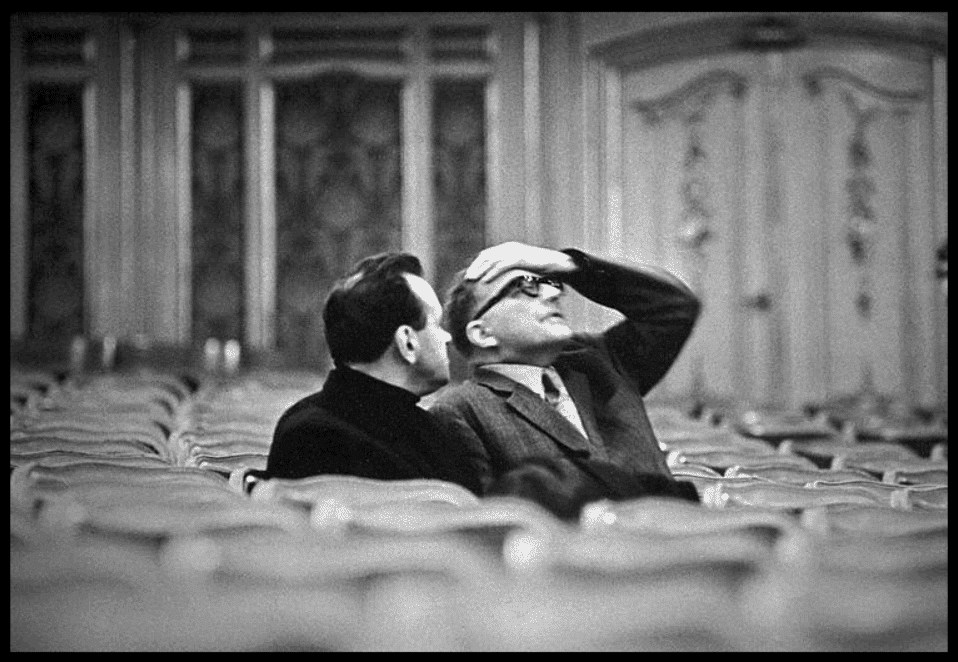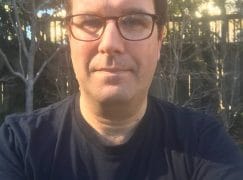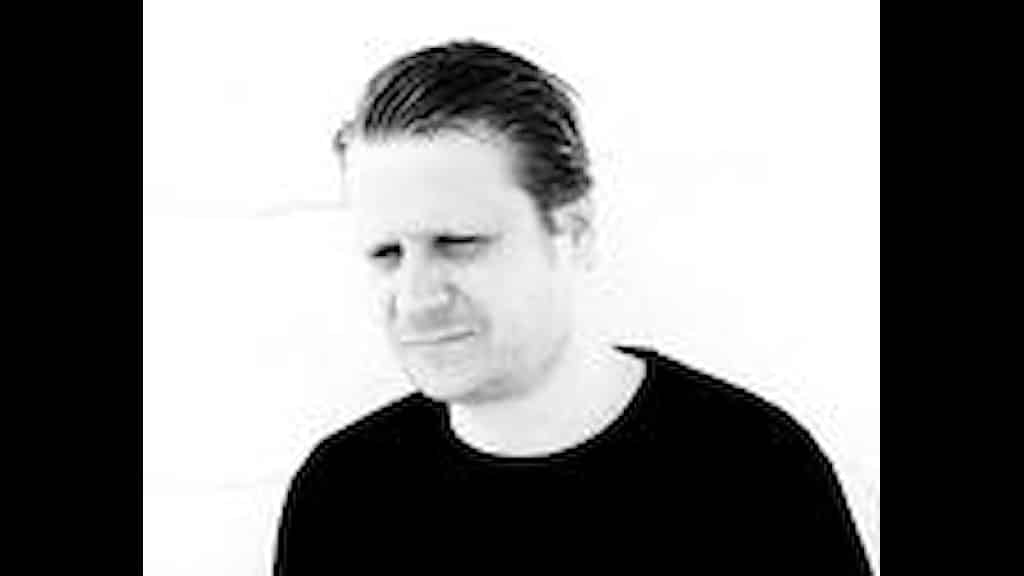Breaking: Early music giant calls it quits
mainGustav Leonhardt has told the Paris journal Le Nouvel Observateur that he has given the last concert of his life.
He felt tired and weak at the Bouffes du Nord yesterday and decided that, at 83, he wasn’t going to risk it again. He has cancelled all future engagements. Here‘s the story (in French)..
In addition to his own achievements as a scholar and performer of Bach, Byrd, Mozart and much else, the Dutsch keyboardist and director was influential in introducing Nikolaus Harnoncourt to period performance, as well as countless artists of later generations.






How sad, but inevitable (as it is for all of us) that he needs to pull back. But what a contribution he has made throughout his career. We have so much to be grateful for from him.
Here is a poem for you, Gustav. Are there not many kinds of dance? And are you not free to find new ones now. On you go . . .with delight, we let you go.
Where Does the Dance Begin, Where Does It End?
by Mary Oliver
Don’t call this world adorable, or useful, that’s not it.
It’s frisky, and a theater for more than fair winds.
The eyelash of lightning is neither good nor evil.
The struck tree burns like a pillar of gold.
But the blue rain sinks, straight to the white
feet of the trees
whose mouths open.
Doesn’t the wind, turning in circles, invent the dance?
Haven’t the flowers moved, slowly, across Asia, then Europe,
until at last, now, they shine
in your own yard?
Don’t call this world an explanation, or even an education.
When the Sufi poet whirled, was he looking
outward, to the mountains so solidly there
in a white-capped ring, or was he looking
to the center of everything: the seed, the egg, the idea
that was also there,
beautiful as a thumb
curved and touching the finger, tenderly,
little love-ring,
as he whirled,
oh jug of breath,
in the garden of dust?
-from Why I Wake Early (2004):
Norman, I don’t think Harnoncourt would thank you for suggestion that Leonhardt introduced him to period performance! But he probably doesn’t care any more…
Harnoncourt has acknowledged it himself, in conversation with me.
I stand corrected
I was at this concert; it was purely magical (the d’Anglebert prelude was exceptional). It is true that he seemed physically exhausted, he had difficulty to walk etc. But I must say he was in better digital shape than the last time, when he played an all-Bach program technically too demanding for him now. You know he has obviously blood circulation problems, as he is obliged to wear gloves to play. This time, of course there was occasionally a few wrong notes, but it was way better from a technical point of view.
I have been going to his concerts for about a decade : obviously I respect his decision, but I nevertheless feel saddened by this news. A truly wonderful musician.
I used to be a harpsichordist and heard Gustav Leonhardt many times, the last of which was in Venice a decade ago. It was exquisite! I am glad for him that he was able to keep up concertizing for another ten years, but find his decision the best for his health. I was in Harnoncourt’s class in Salzburg in th early 80’s and he talked about Leonhardt fondly! Of course there was a rivalry! But the story he told was that the two of them were walking in the church yard during a pause in a recording session and when the path split, Leonhardt suggested that Harnoncourt take the left fork, but that he would prefer to take the right one instead…
I’ve been a great admirer of Leonhardt for a few decades now and upon seeing your post I put up something about his contributions in this post that your readers might find of interest:
http://themusicsalon.blogspot.com/2011/12/gustav-leonhardt.html
I love the early music movement. After I heard Frans Bruggen in Amsterdam as a 16 year old boy, the canal outside took a whole different color, even with modern lighting. Things had a softer contour to them, you could feel the what’s now called edge of the uncertainty principle around objects. And, if I pay attention to it (which I understandably usually don’t) the change in pitch from then to now can drive me crazy. Mozart’s E minor sonata for violin and piano is actually in what we know as e-flat minor. If I leave the music alone in my head it goes back to the original pitch location. In dealing with these two kinds of memory, I actually found out that I can sing along with a Mozart opera a half pitch lower! Probably a half step higher as well. Might as well go full blast! In fact, I might be coming to an Opera house near you!